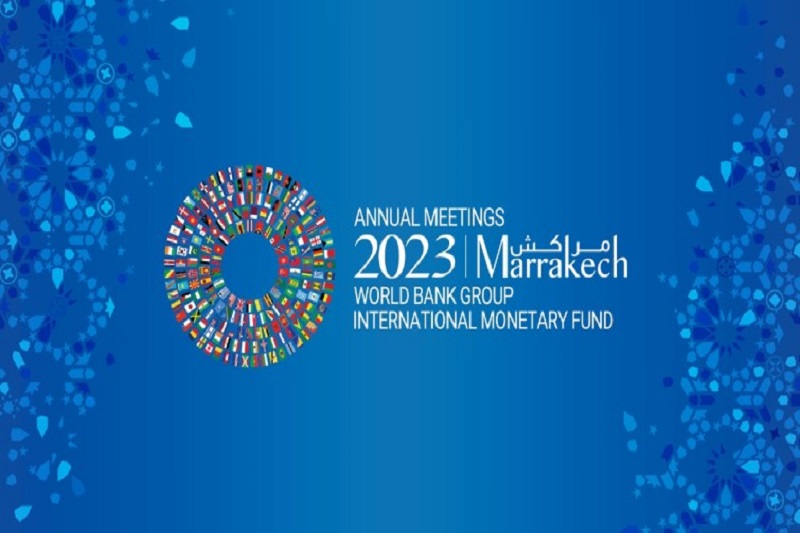The IMF’s Swift Response to Global Challenges
During the annual meetings of the IMF and the World Bank in Marrakech, the IMF’s Middle East and Central Asia Department highlighted the institution’s agile response to the challenges faced by countries in a world prone to economic shocks. Over $80 billion has been made available for programs, emergency funding, and SDR allocation since 2020. Additionally, the newly established Resilience and Sustainability Facility is extending support to six countries, including Morocco.
Historic Meetings in Morocco
This year’s annual meetings are historical as they mark the first time in fifty years that the World Bank and the IMF are convening on the African continent. The meetings provide a unique platform to address pressing global economic issues.
Challenges of Debt Sustainability
One of the major concerns discussed during these meetings is the sustainability of rising debt levels. Inflation rates are on the rise, which may lead central banks to maintain higher interest rates. This scenario strains the ability of borrowers to repay loans, putting debt sustainability at risk. The IMF’s Africa Department warns that “debt vulnerabilities remain elevated” and medium-term growth rates are lagging.
The Thorny Issue of Debt Cancellation
Abebe Aemro Selassie, director of the IMF’s Africa Department, expressed concern about the ongoing discussions on debt cancellation. He cautioned against the idea of a simple “magic wand” that could erase debt or solve complex economic difficulties. In particular, he emphasized that debt forgiveness isn’t a straightforward process, as creditors, including household debt, which accounts for 50% of total debt in Sub-Saharan Africa, need to be considered. The principle of debt cancellation should be applied on a country-by-country basis.
Keep Reading
Activists Advocate for Debt Abolition
Simultaneously, global activists have organized to create a counterforce for the approximately 10,000 attendees, including bankers, corporate CEOs, and government bureaucrats. They aim to address the challenges of debt and work toward equitable solutions, emphasizing the need to consider each nation’s unique circumstances.
Navigating a Path Forward
Despite conflicts, inequality, and climate change challenges, the world’s leading economic policymakers have convened in Africa. Their discussions highlight the complexities of addressing debt sustainability and emphasize the importance of prudent financial management for continued global economic growth and stability.

